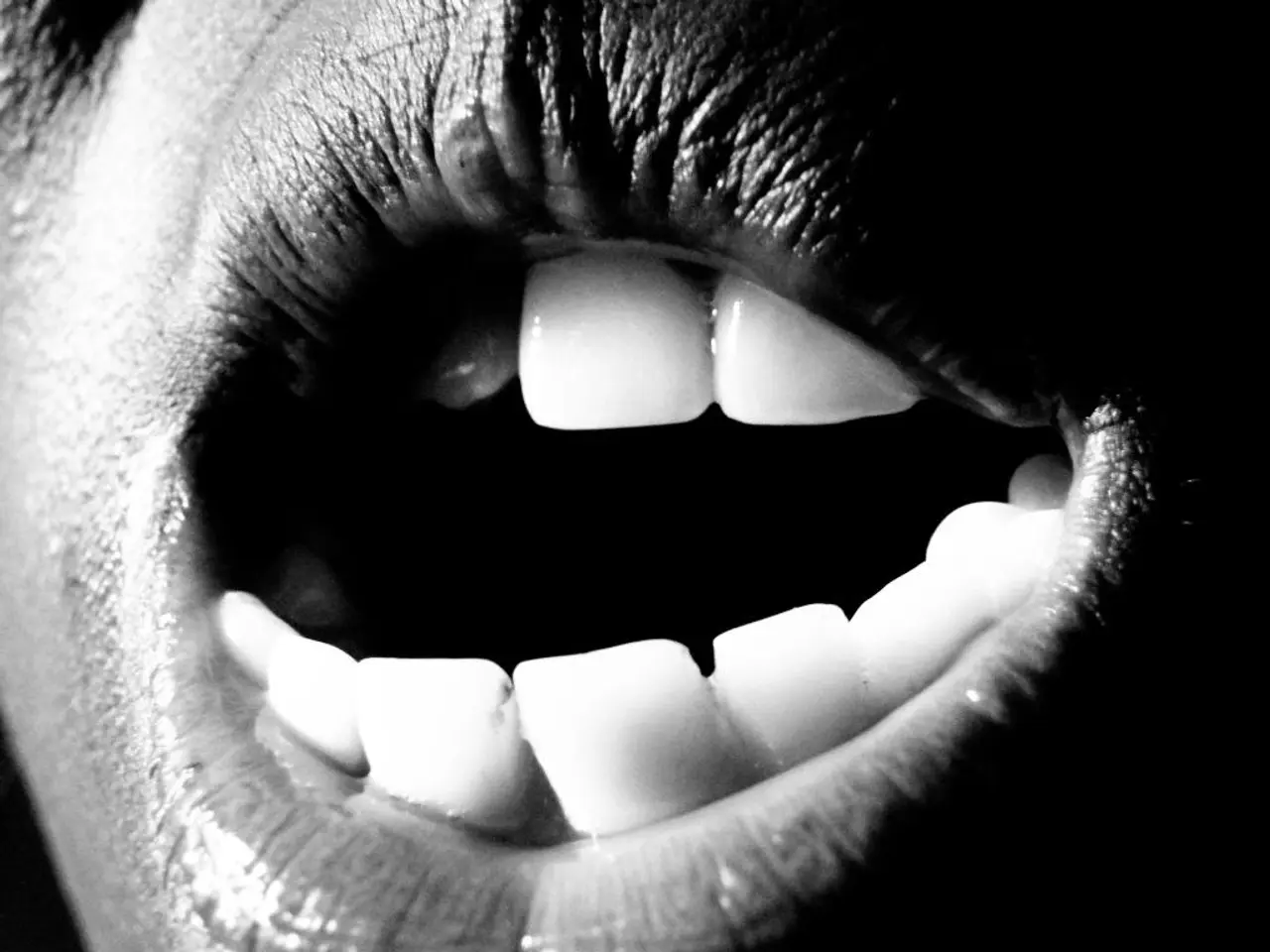Impact of Bulimia on Oral Health and Beyond
Bulimia nervosa, a serious eating disorder, can have devastating effects on an individual's oral health. The condition, characterised by self-induced vomiting, exposes teeth to harmful stomach acid, leading to enamel erosion, tooth decay, yellowing, sensitivity, and gum recession.
Fortunately, proper oral care can help manage these effects and improve overall oral health. Here's what you need to know:
Proper Oral Hygiene Practices
- Use fluoride toothpaste and a soft-bristled toothbrush. Gently clean your teeth twice daily with these tools. Fluoride strengthens enamel, while a soft-bristled toothbrush minimises damage to the softened enamel caused by vomiting.
- Floss daily. Flossing helps clean areas brushing misses, reducing plaque buildup and the risk of decay.
- Rinse your mouth after vomiting. Use water or a fluoride mouth rinse to neutralise acid and protect enamel from further erosion. Avoid brushing immediately after vomiting to prevent brushing softened enamel, which can worsen damage.
Seeking Professional Dental Care
- Regular dental check-ups are crucial for early detection and treatment of enamel erosion, decay, and to receive professional fluoride treatments or sealants as needed.
While proper oral hygiene does not reverse existing enamel loss, it slows further damage and helps manage pain and sensitivity. Combining oral care with medical treatment for bulimia is essential to address the root cause and improve overall health outcomes.
Additional Resources
- The National Association of Anorexia Nervosa and Associated Disorders (ANAD) is another resource available for those dealing with eating disorders.
- F.E.A.S.T. provides support and educational resources to friends and family who want to help someone living with an eating disorder.
- The National Alliance for Eating Disorders offers a daytime helpline staffed by licensed therapists and an online search tool for treatment options.
- The Substance Abuse and Mental Health Services Administration provides a 24-hour helpline for general mental health support.
Remember, each individual's dental care plan for bulimia may vary. It's important to discuss your specific needs with a dentist or oral healthcare professional.
[1] American Dental Association. (2021). Bulimia Nervosa and Oral Health. https://www.ada.org/en/public-programs/oral-health-topics/bulimia-nervosa-and-oral-health [2] Mayo Clinic. (2021). Bulimia nervosa. https://www.mayoclinic.org/diseases-conditions/bulimia/symptoms-causes/syc-20356028 [3] National Eating Disorders Association. (2021). Oral Health and Eating Disorders. https://www.nationaleatingdisorders.org/learn/pro-anorexia-nervosa/oral-health-and-eating-disorders [4] National Institute of Mental Health. (2021). Bulimia Nervosa. https://www.nimh.nih.gov/health/topics/eating-disorders/index.shtml [5] American Psychiatric Association. (2021). What is Bulimia Nervosa? https://www.psychiatry.org/patients-families/eating-disorders/what-are-eating-disorders/what-is-bulimia-nervosa




